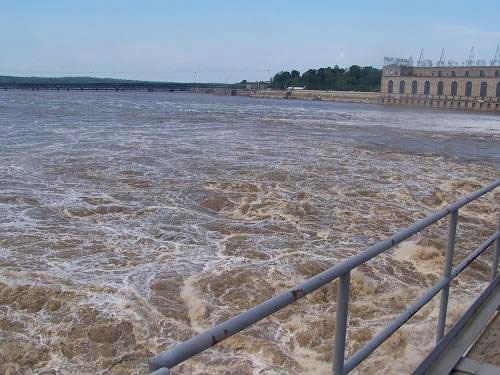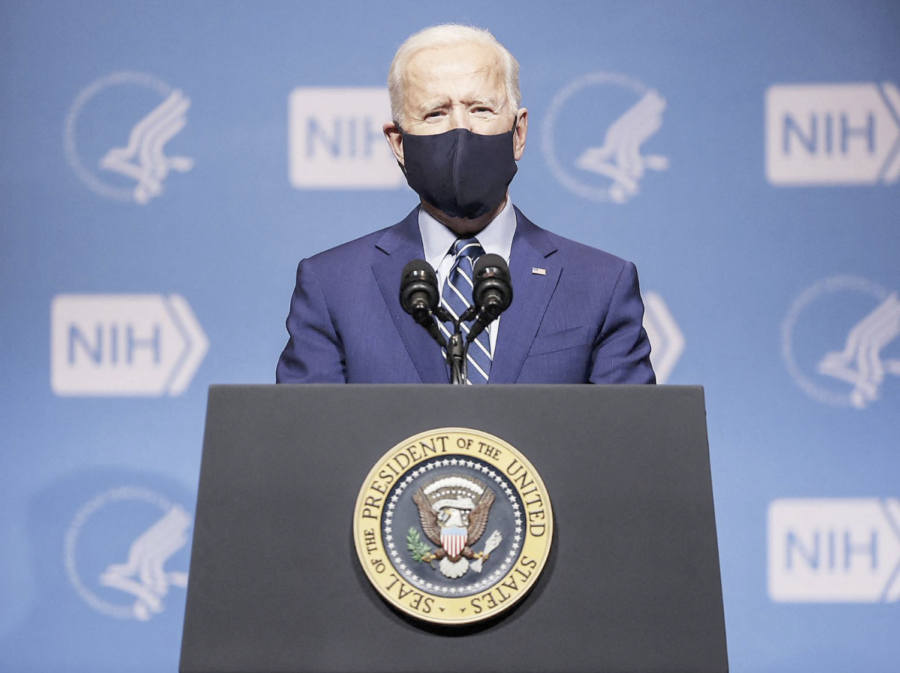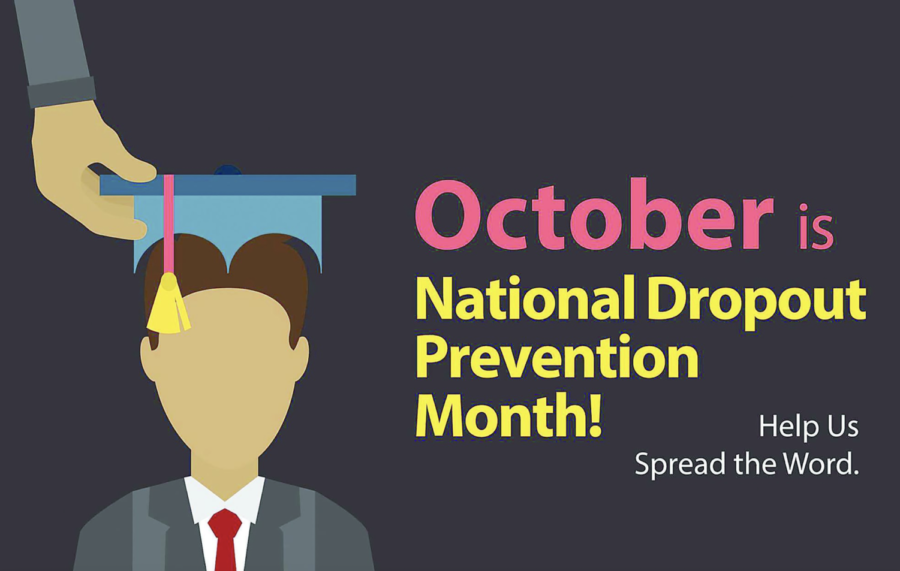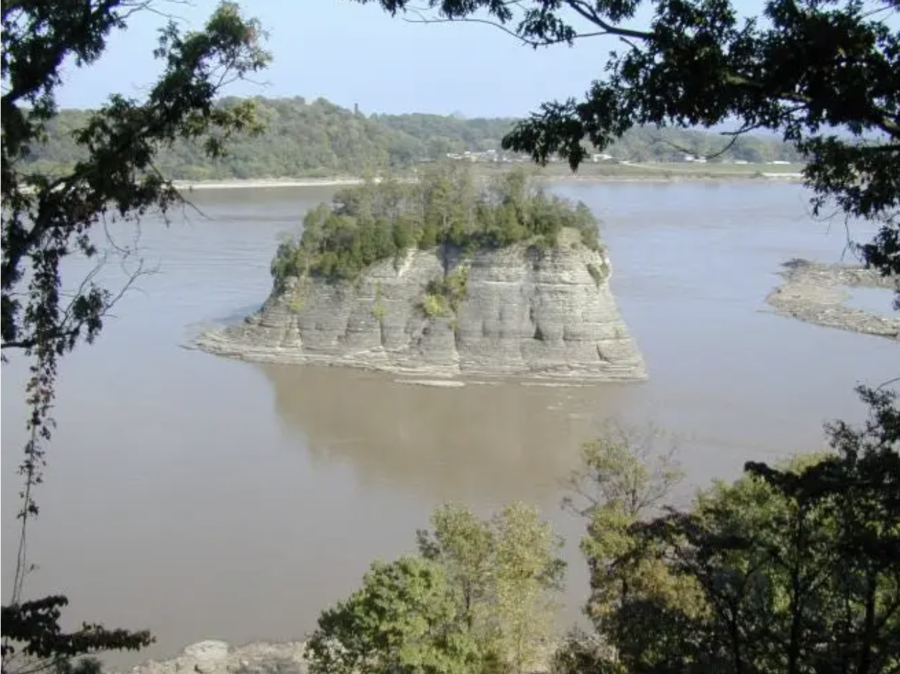Amidst the ever-present problems engulfing the United States, one problem remains unspoken of even though it may be the worst of all. This problem does not only affect school children, adults, babies, politicians, alt-leftists or alt-rightists. This is a problem that can affect every citizen of the United States. The problem is clean drinking water and stems from many sources, such as pipelines surrounding areas of water supply and Flint, Michigan. Why deprive people of water that is safe to drink?
The Native American Tribe of the Sioux and allies protested the pipeline construction for months. The protests were for their right to access clean drinking water. They stood during the cold winter of Cannonball, North Dakota, with signs that read “Mni Wiconi” which translates to “Water is life.” Plans to go ahead with the construction of the pipeline passed in February of 2017. The Dakota Access Pipeline’s website reads that, “The DAPL is the safest and most environmentally sensitive way to transport crude oil from domestic wells to American consumers.”
The DAPL has had five spills in six months as of January 2018. In October of 2017, representatives from Energy Transfer Partners, the cooperation responsible for DAPL, went to Iowa to present “a series of $20,000 checks to emergency management departments in six counties. The money was, in part, an acknowledgment of the months of anti-pipeline protests that had taxed local agencies during construction, but it was also a nod to the possibility of environmental contamination,” “The Intercept” reporter Alleen Brown said.
The Keystone XL Pipeline leaked in November in rural South Dakota. This leak was nearly double the original estimate, making it one of the largest U.S. inland oil spills since 2010.
According to a press release, “Friends of the Earth’s initial analysis is that the State Department’s updated environmental impact review failed to acknowledge the true extent of the project’s threats to the climate, drinking water and the health of people who would breathe polluted air from refineries processing the dirty tar sands oil, among other glaring oversights.”
These water problems are not all because of pipelines. The problem in Flint was caused by its government’s decision to change their water supply source from the Detroit water system to the Flint River. This was initially proposed to save money but has been costing the city so much more than just money. People have reported smelling urine, losing hair and generating rashes on their bodies. Children had so much lead in their blood from the water that the city had to declare a state of emergency in 2015.
There are also water problems engulfing poor rural areas in the United States. Liquids of various scents and color spew from the sinks of many Americans in Martin county, KY. “I’ll be honest with you, you never know when you go in there and turn on the faucet if you have water, or if you ain’t going to have no water,” Gary Michael Hunt told “The New Republic.”
It is blamed on poor water infrastructure and a financial problem which does not look like it will be fixed any time soon.
The fact that there are no laws that state all Americans have a guarantee to clean water is sickening. Households lose their access to water on a daily basis simply because they cannot afford their bills. Now, more than one third of Americans are at risk of not being able to afford water. To combat this, the Environmental Protection Agency has recommended that water and wastewater services should not make up more than 4.5 percent of a household’s income. Some cities are even trying to restructure water bill rates in proportion with household income rates.
People need to be paying much more attention to the water crisis impacting America. Water should be protected and fought for as much as guns are. As a basic necessity for life, water must be thought of as something that needs to be kept safe, and it is our job to do so.




































